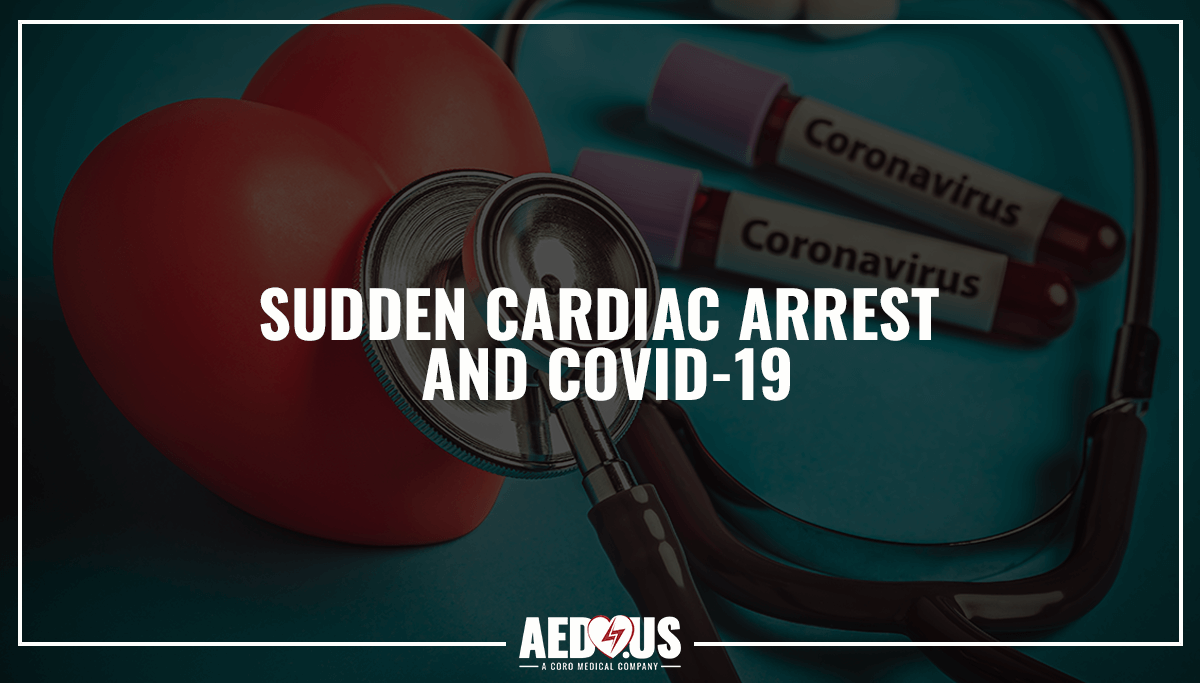 We all know the serious damage the COVID-19 virus has on the respiratory system, but have you thought of the effects it has on your heart? New research conducted by Mohammad Madjid, MD, MS, an assistant professor of cardiology at McGovern Medical School at UTHealth, found that COVID-19 patients with or without underlying cardiovascular disease have a risk of developing heart damage during the course of their illness. Patients can experience acute coronary syndromes, arrhythmias, and the development of, or exacerbation of, heart failure. For those with various preexisting heart conditions, damage will be more severe and catastrophic. According to the American College of Cardiology, the case fatality rate of COVID-19 for patients with cardiovascular disease is 10.5%. With over 400,000 confirmed cases, researchers are determined to find safe and effective therapies for affected patients. Some of the medications being tested to treat COVID-19 are known to potentially cause drug-induced prolongation of the QTc and block one of the critical potassium channels that control the heart’s electrical recharging system. Patients with a prolonged QTc are at increased risk for ventricular rhythm abnormalities that can lead to sudden cardiac death. One of these medications is Hydroxychloroquine, a preventive and treatment drug for malaria. In laboratory tests conducted on animals, hydroxychloroquine was found to prevent the virus from attaching to and entering cells. If this worked the same way in humans, the drug could be used to treat patients and limit the number of COVID-19 deaths. It will take a thorough investigation of patients’ cardiovascular system to decide which drugs may save them, and which may cost them their life. Michael J. Ackerman, M.D., Ph.D., a Mayo Clinic genetic cardiologist and director of the Mayo Clinic Windland Smith Rice Comprehensive Sudden Cardiac Death Program, and his colleagues created an algorithm using a patients QTc to rate the potential risk of drug-induced arrhythmias, which can be used to modify treatment. The cardiologists and physician-scientists at Mayo Clinic have provided urgent guidance on how to use a 12-lead ECG, telemetry or smartphone-enabled mobile ECG to determine the patient’s QTc as a vital sign to identify those patients at increased risk and how to minimize the chance of drug-induced sudden cardiac death. It all comes down to whether or not hydroxychloroquine is truly an effective treatment against COVID-19. “If it is, we hope that this simple QTc surveillance strategy, enabled by innovation and the FDA’s emergency approval, will help prevent or at least significantly minimize drug-induced ventricular arrhythmias and sudden cardiac death, particularly if the treatment is widely adopted and used to treat COVID-19,” says Dr. Ackerman. ECG enabled devices will be one of the most important pieces of equipment in the future to determine the right treatment plan for COVID-19. Continual studies conducted by experts such as Dr. Madjid at UT Health and Dr. Ackerman at Mayo Clinic are critical to making advances in science and medicine that will expand our knowledge of cardiovascular health and COVID-19.
We all know the serious damage the COVID-19 virus has on the respiratory system, but have you thought of the effects it has on your heart? New research conducted by Mohammad Madjid, MD, MS, an assistant professor of cardiology at McGovern Medical School at UTHealth, found that COVID-19 patients with or without underlying cardiovascular disease have a risk of developing heart damage during the course of their illness. Patients can experience acute coronary syndromes, arrhythmias, and the development of, or exacerbation of, heart failure. For those with various preexisting heart conditions, damage will be more severe and catastrophic. According to the American College of Cardiology, the case fatality rate of COVID-19 for patients with cardiovascular disease is 10.5%. With over 400,000 confirmed cases, researchers are determined to find safe and effective therapies for affected patients. Some of the medications being tested to treat COVID-19 are known to potentially cause drug-induced prolongation of the QTc and block one of the critical potassium channels that control the heart’s electrical recharging system. Patients with a prolonged QTc are at increased risk for ventricular rhythm abnormalities that can lead to sudden cardiac death. One of these medications is Hydroxychloroquine, a preventive and treatment drug for malaria. In laboratory tests conducted on animals, hydroxychloroquine was found to prevent the virus from attaching to and entering cells. If this worked the same way in humans, the drug could be used to treat patients and limit the number of COVID-19 deaths. It will take a thorough investigation of patients’ cardiovascular system to decide which drugs may save them, and which may cost them their life. Michael J. Ackerman, M.D., Ph.D., a Mayo Clinic genetic cardiologist and director of the Mayo Clinic Windland Smith Rice Comprehensive Sudden Cardiac Death Program, and his colleagues created an algorithm using a patients QTc to rate the potential risk of drug-induced arrhythmias, which can be used to modify treatment. The cardiologists and physician-scientists at Mayo Clinic have provided urgent guidance on how to use a 12-lead ECG, telemetry or smartphone-enabled mobile ECG to determine the patient’s QTc as a vital sign to identify those patients at increased risk and how to minimize the chance of drug-induced sudden cardiac death. It all comes down to whether or not hydroxychloroquine is truly an effective treatment against COVID-19. “If it is, we hope that this simple QTc surveillance strategy, enabled by innovation and the FDA’s emergency approval, will help prevent or at least significantly minimize drug-induced ventricular arrhythmias and sudden cardiac death, particularly if the treatment is widely adopted and used to treat COVID-19,” says Dr. Ackerman. ECG enabled devices will be one of the most important pieces of equipment in the future to determine the right treatment plan for COVID-19. Continual studies conducted by experts such as Dr. Madjid at UT Health and Dr. Ackerman at Mayo Clinic are critical to making advances in science and medicine that will expand our knowledge of cardiovascular health and COVID-19.
 Written by Blaire Czarniecki
Written by Blaire Czarniecki
Customer Service Director
Fact checked by Phillip Woods, BA, NREMT-P, FP-C
Blaire attended the University of Tennessee where she graduated with a Bachelor of Science in Human Ecology- Child and Family Studies. She has been in the Automated External Defibrillator (AED) industry for over eight years and is the Director of Customer Service for Coro Medical. Blaire is also an American Red Cross-certified CPR/AED/First Aid Instructor, highly trained by each manufacturer on their specific AEDs, and knowledgeable regarding ALL State AED regulations and legislation.
“I know that every day I come to work, I am playing a part in saving someone’s life. I am passionate about these devices and am always looking for new and innovative ways to spread awareness and knowledge about Sudden Cardiac Arrest (SCA). I look forward to the day when everywhere I go, I will see an AED—when SCA will no longer take any lives.”
Last updated April 9, 2020





